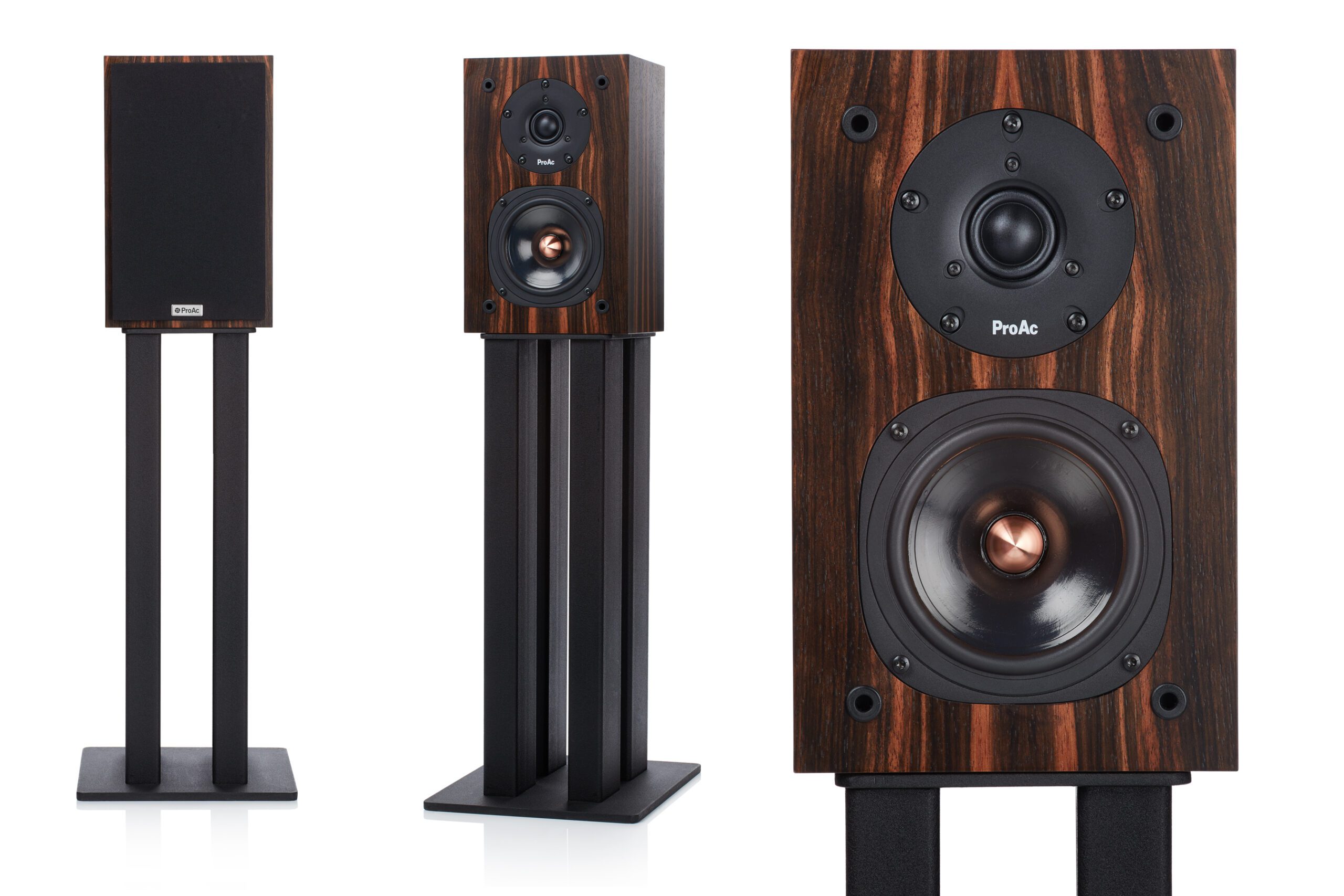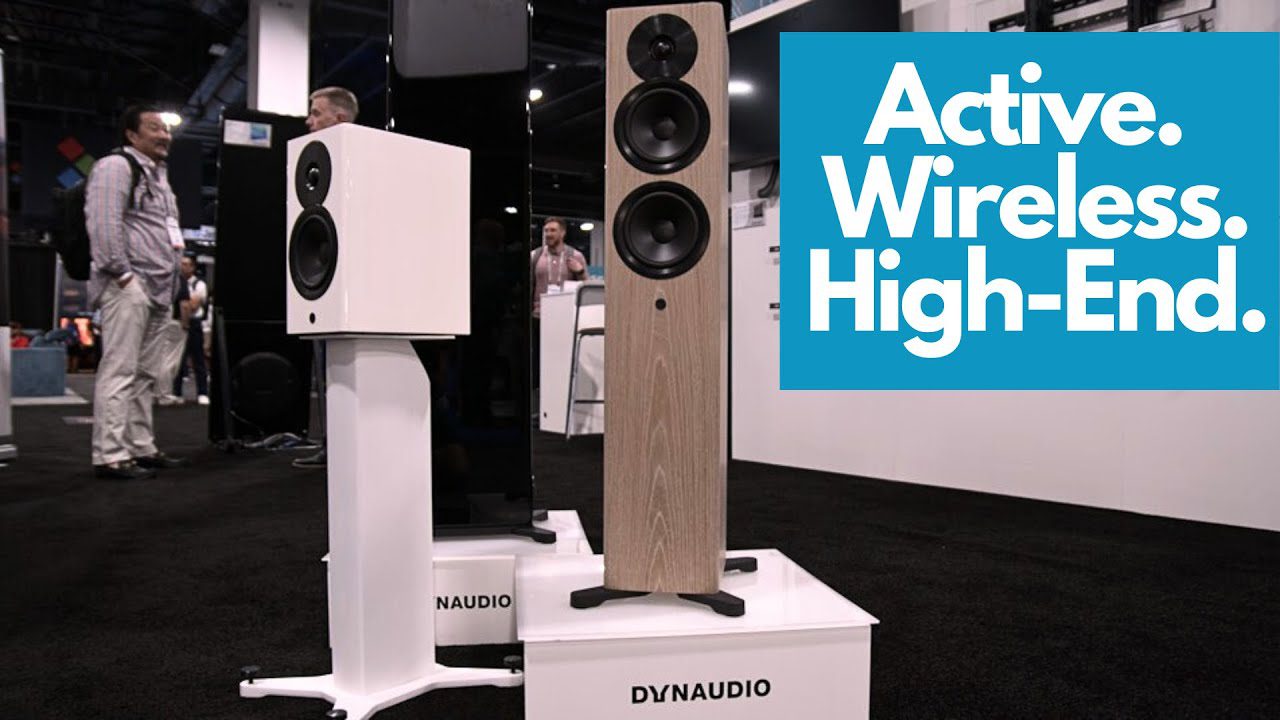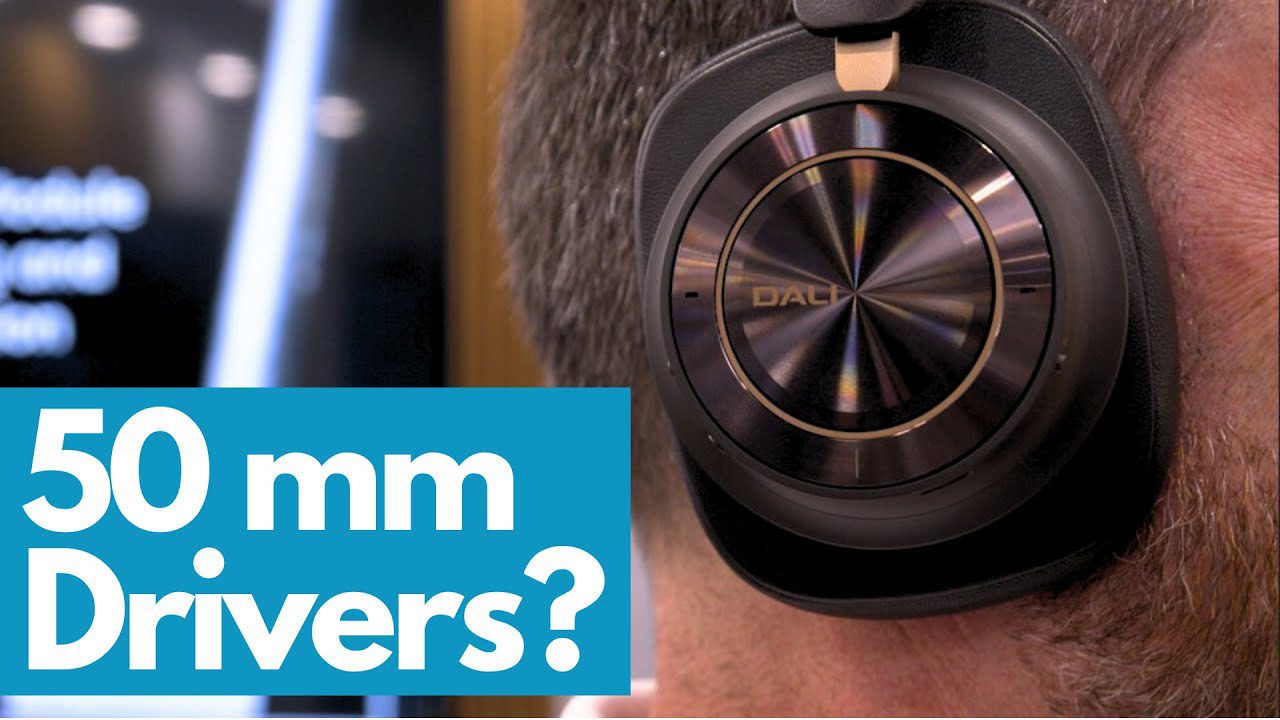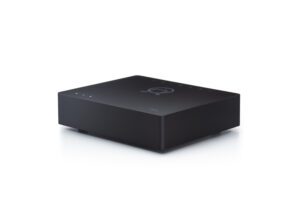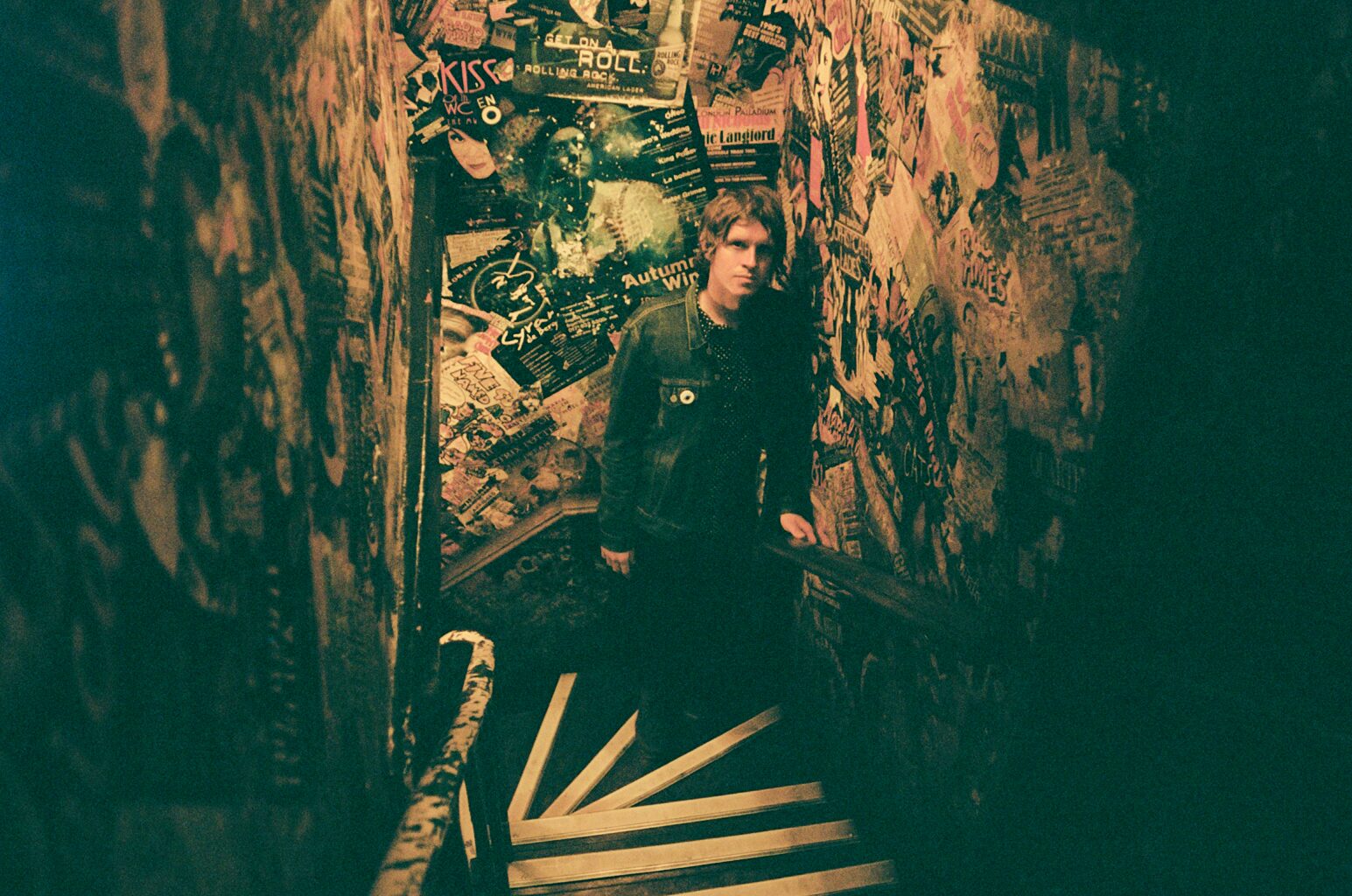
For Everything Under The Sun, the new album by Alex Lipinski, could be the record that takes the West Country singer-songwriter into the big time.
The follow-up to 2017’s stripped-down Alex, which was made in Berlin with Anton Newcombe of The Brian Jonestown Massacre, it’s a strong set of full-band songs steeped in classic ‘60s and ‘70s rock, like The Beatles and Neil Young – Liam Gallagher would give his monobrow to have written some of them – but with a fresh, dynamic and modern feel.
It’s a big-sounding record, with hook-laden songs, lots of guitars, Mellotron, Hammond organ, piano, harmonies and cinematic strings.
‘Shelter’ and ‘Long Way To Go’ are moody epics that deserve to be heard ringing out in stadiums all over the world, ‘Hummingbird’ is atmospheric and folky, with wailing harmonica, the piano-led tearjerker, ‘Locked Down Loaded Blues’, would make a great Christmas single, ‘Coyote’ is dustbowl blues-meets-Brit-rock via L.A, with blaring brass, and the gorgeous ‘It’s Only Life’ has great, Abbey Road-style harmonies.
hi-fi+ was invited to a playback of the album in the studio where most of it was made, RYP Recordings, in Rayners Lane, North West London.
A few weeks later we spoke to Lipinski, who hails from Weston-super-Mare, in Somerset, and used to be in Phoneys & The Freaks with ex-Oasis member, Paul ‘Bonehead’ Arthurs, to get the lowdown on how the new songs were written and recorded.
SH: ‘Groundhog’ was the first single from the album – it’s also the opening song and it has a big sound. I like the loud drums and the Mellotron. It’s a bold way to start the record…
AL: It was never my intention to have it as a single, but after I listened back to it and thought about the order of the songs on the album, after about the fiftieth time, I thought ‘that could be a good single…’
It doesn’t really sound like the rest of the record, but it’s quite simple and catchy – I wrote it when I was playing at home. I had two chords, A and E minor, going back and forth, and I had a melody.
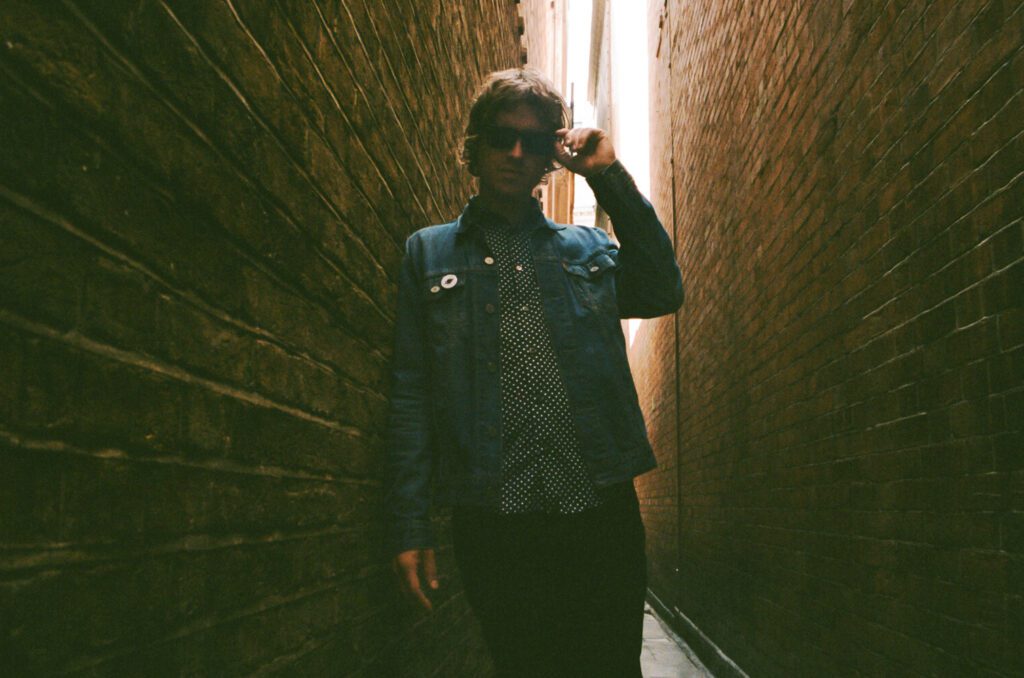
When we went into the first lockdown, I opened up the demo on my phone, wrote the lyrics in about 30 minutes and recorded it.
I had a kind of Byrds jangle sound in my head and it revolved around that, with a drum loop. I layered it with some Beach Boys harmonies – it has a very ‘60s feel to it, with a flute Mellotron part, and some organ.
The second single, ‘Long Way
To Go’, is great – I really like the guitar solo on it. I think Liam Gallagher would kill for that song, and also ‘Shelter…’
I did have a couple of songs in mind that I thought I might get Bonehead to send to him…
I really like the fact that both songs are pretty instant and hooky, they sound like singles…
I think ‘Long Way To Go’ is the most single-sounding song on the album. I’ve had it for a couple of years.
I had The Smiths as a reference point at one end and Crazy Horse at the other – I think it falls somewhere in the middle.
I wanted a dirty Crazy Horse feel to the guitar because it’s quite a vicious song – it’s about a young person looking at the world today and thinking, ‘what f***ing chance have I got?’
It deals with those kinds of themes, but it also offers some hope at the end, because there’s a longing to get out and break the cycle. It’s a great song to play live.
‘Shelter’ was initially going to be the first song on the record – it feels like an introduction to the album.
I wouldn’t say it’s a concept album, but there are certain characters and things on it that paint a sonic and visual landscape.
‘Shelter’ really starts that – it has a desert-rock feel to it. I was listening to Jonathan Wilson at the time and there are elements of Neil Young to it. The lyrics came from my subconscious, and they flowed really well.
It’s a big-sounding song – especially when we play it live. It’s also reprised on the last song on the album.
‘Coyote’ also has a desert-rock/dustbowl feel – it stands out on the album. Where did that song come from?
I was in L.A with Bonehead – we were playing a couple of shows out there. We’d had a few drinks on the flight, then we got taken straight to our apartment – we got picked up by a guy called Kav, who used to be in The Happy Mondays.
He dumped us there and then we all went straight out. I hadn’t slept for 24 hours – I was almost falling asleep – and I was drunk.
At about 2am, I came out of a toilet and Bonehead had smashed his head open – he slipped and fell against a cigarette machine.
There was blood everywhere – we got thrown out onto the street and we had to get an ambulance.
Kav told me to get a cab back to the apartment, but when I was dropped there, I realised it was a massive complex and all the apartments looked the same.
I had the number of the apartment, but I spent an hour looking for it, and then a pack of wild coyotes came out of the park, walked up to me and just stared… but they took pity on me and walked off. A few seconds later I found my apartment.
That image has been etched in my memory – it haunts me at night sometimes.
The song was inspired by that – it has a hazy, hallucinogenic, drunk and jetlagged feel. It goes from Delta blues to a full-band, with a trumpet fanfare – the second part has more of a British feel.
I can remember hearing you playing ‘Locked Down Loaded Blues’ in an online concert during the early days of lockdown…
It was actually written a year or so before then – it was just a coincidence. It has nothing to do with lockdown.
I had it as a home demo and I’d arranged the strings, but it felt a bit throwaway – I didn’t know if it was a good song. But I went back to it during lockdown, listened to it again and thought it was OK. It’s one of the oldest songs on the album.
When you first heard it, [at the album playback, in the studio], you said to me it should’ve been a Christmas single – but the album’s out in May. Maybe next Christmas…
Was lockdown productive for you?
Yes. For some of my friends who are musicians, it went the other way, but I got lucky, I guess. The minute I stopped playing gigs, I had time at home to write, read and listen to music.
Ninety percent of the songs for the album weren’t written before lockdown, so I wrote a few more and finished it off. Lockdown lit a spark.
I had no plans to record, but I spoke to Michael Smith [producer] and I told him I had these songs…
We’d been meaning to work together for the past 10 years, but it never happened, for one reason or another. It was the perfect opportunity to take stock – to not rush things, but to get comfortable with the songs at home, with no pressure to get something out there.
From a selfish point of view, I really enjoyed a lot of lockdown.
Let’s talk about recording the album and working with Michael Smith. How was that?
He’s great – he’s on the same musical wavelength as me, in terms of our reference points and what we’re into.
He was impressed by the demos I sent him, and we talked about how we wanted them to sound.
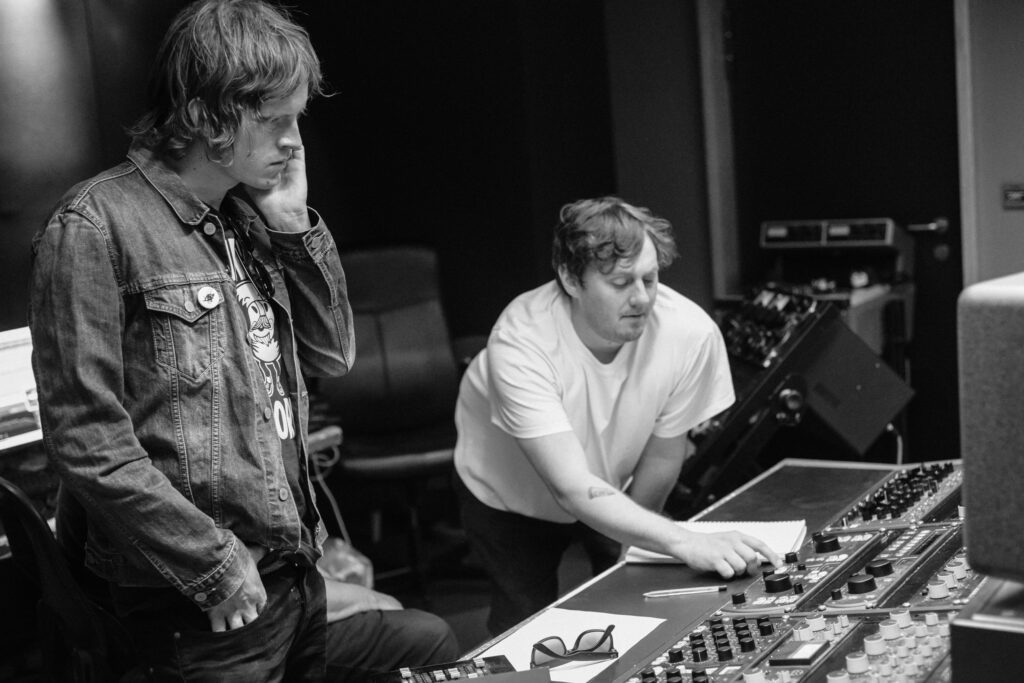
I brought the band into the studio piece by piece, with the rhythm section first, then the guitars and everything else.
Michael really works the band – they do a lot of takes and then he finds the best one. The band will be cooking on gas, and he’ll capture it.
It’s the first time I’ve had a proper producer, in that he’ll listen to all the nuances.
I had the arrangements in place, but he would think about certain tweaks and dynamics, which really made a difference, especially vocally.
He’s as passionate about it as I am, so he’ll go over it with a magnifying glass.
Ninety percent of the album was recorded in RYP, but we did the piano parts at Woodworm, in Oxfordshire.
It’s very different to how you made your previous album, Alex, which was recorded in six hours, in Berlin, with Anton Newcombe…
Completely different. The last one captured the imperfections and all the mistakes – Anton had in his mind that it should sound like a ‘60s folk live record.
With this one, we made sure everything sounded good before we went in and we got the performances right. We let everything breathe – the space in-between the notes. I can’t imagine working with anyone other than Michael for the next record. It just works and we’re good friends.
Did you have a definite idea of what you wanted the record to sound like?
I had a vision on certain songs. I wanted the drums on ‘Gigolo Jesus’ to sound like the drums on Beck’s Sea Change album.
The challenge was getting all the different reference points on individual songs to sound like something complete.
Michael deserves a lot of credit for that – he took all this stuff from the past and made it sound modern. I think it really works.
‘Hummingbird’ is one of the more stripped-down songs. It feels quite like some of the stuff from your second album…
Definitely. This album is transitional, in the sense that it has a full band on it. It’s different to my last record and it has lots of shades to it – light and dark – but ‘Hummingbird’ works well and it’s still part of the same atmosphere as the other songs.
The final track on the album, ‘Closing Time’, takes some unexpected twists and turns – it’s like three songs in one.
It starts stripped-down, then rocks out and ends up with some East End pub piano…
I had the first part written, which is stripped-down folk/Americana, and then I had another idea, which was the big outro, but I didn’t know how the two could go together, so I used a reprise of ‘Shelter.’ It’s triumphant.
The album has a definite start and end – I like that.
There’s a definite Beatles influence to several of the songs on the new record, like ‘Gigolo Jesus’ and ‘It’s Only Life.’ Was that a conscious decision?
It wasn’t. My songwriting all stems from the subconscious, but when you’ve grown up with The Beatles, they will always be there. There are some elements of that on the album – melodies and harmonies.
Have you watched the Get Back documentary?
Yes – it’s amazing. I’m a Beatles nut – it’s like you’re hanging out with them for eight hours and it dispels that myth that they all hated each other at that time.
It’s great to see how their songs were worked out and it highlights the fact that they were actually normal people and down to earth, even though they were the biggest stars on the planet.
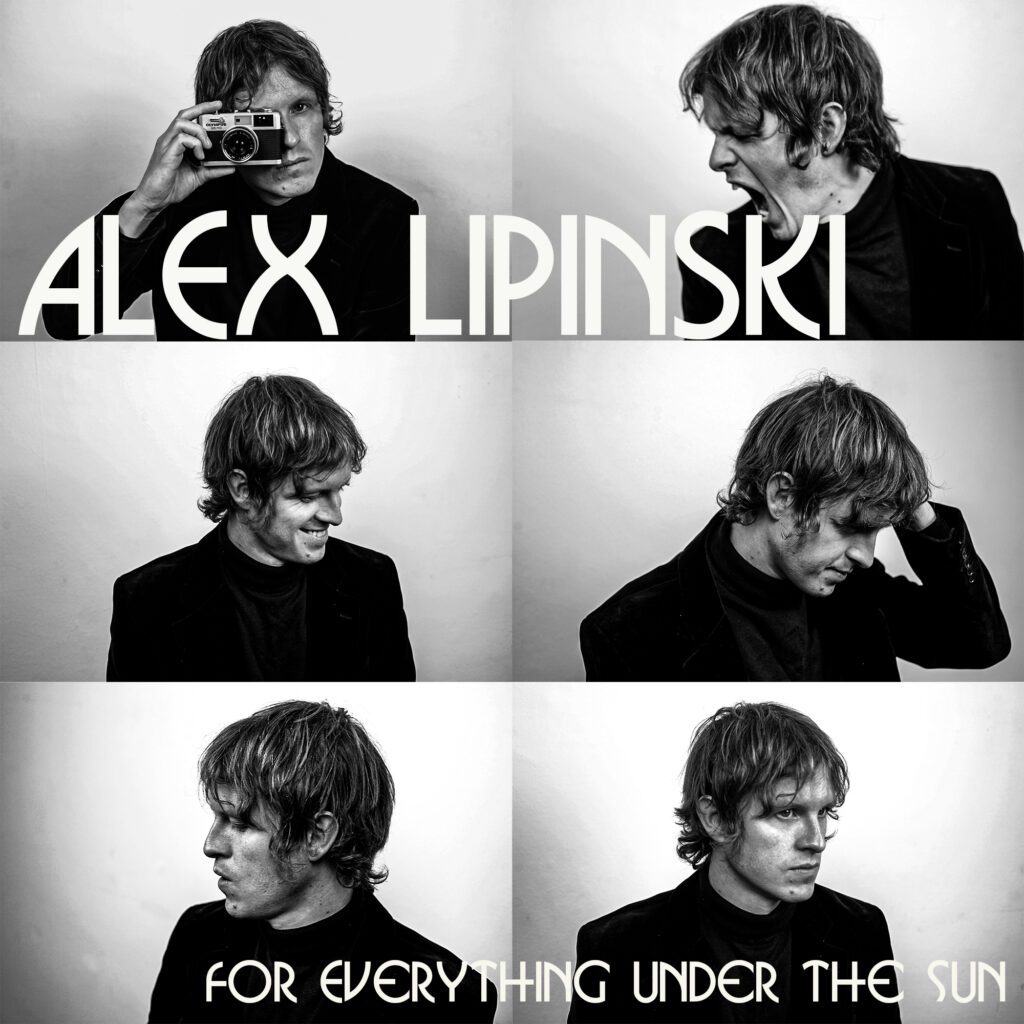
For Everything Under The Sun is available on Mia Casa Music.
All photos © Ruari Meehan
By Sean Hannam
More articles from this authorRead Next From Music
See all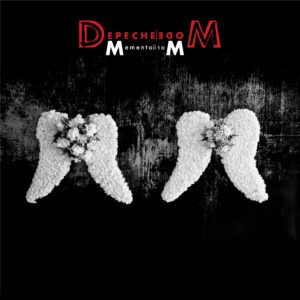
Depeche Mode: Memento Mori
- Apr 22, 2024
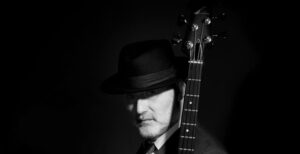
Music Interview: Jah Wobble
- Mar 27, 2024
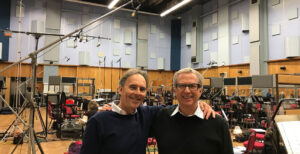
Music Interview: Don Reedman
- Mar 27, 2024
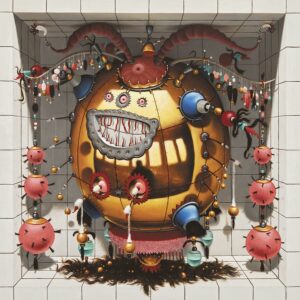
Album Review: Orbital – Optical Delusion
- Mar 20, 2024

